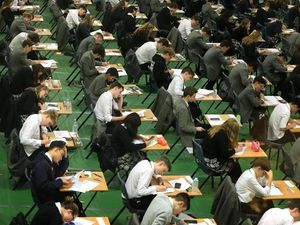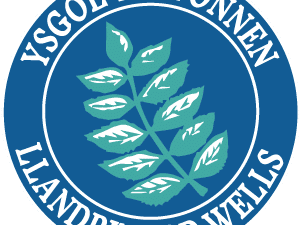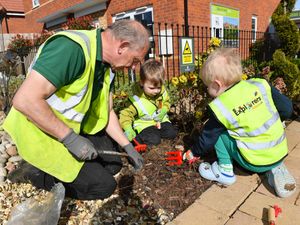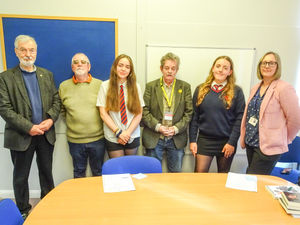Poorest pupils in Shropshire nearly two years behind in their learning compared to better-off peers, new figures show
Disadvantaged youngsters in Shropshire are nearly two years behind in their learning compared to their better-off peers by the time they come to sit their GCSEs, new figures reveal.

The Education Policy Institute’s latest report showed that, based on 2019 figures, disadvantaged youngsters in Shropshire had fallen 20.9 months behind by the time they reached the age of 16.
In the Telford & Wrekin council area the gap was even bigger at 22.2 months. In both authorities the gap is growing.
In Telford & Wrekin, 28 per cent of secondary-school pupils were classified as ‘disadvantaged’, meaning they had been eligible for free school meals some time in the past six years.
The report showed that the gap had grown by 2.3 months since 2012.
The figures also showed that 10 per cent were defined as persistently disadvantaged, eligible for free school meals for 80 per cent or more of their school life.
In the rest of the county, one in six youngsters were classed as being disadvantaged, while one in 20 were described as persistently disadvantaged. In the Shropshire Council area, the gap had grown by three weeks since 2012.
The think-tank said a rise in persistent poverty had stunted progress in closing the gap nationally over the past five years, with the poorest GCSE pupils still an average of 18.1 months behind.
David Laws, executive chairman of the think tank, said this comes despite the Government’s pledge to “level up” regional inequalities. Mr Laws, a former Liberal Democrat cabinet minister, said he feared the coronavirus outbreak could also have an impact on youngsters from deprived backgrounds.
Challenge
Schools will face the challenge of ensuring the impact of a Covid-enforced break does not further impact disadvantaged pupils, according to the leader of a major education trust.
Dr Gill Eatough, chief executive officer of the Learning Community Trust, which manages several secondary and primary schools in Telford, said that while schools across the country had made good progress in tackling the gap in attainment over the past few years, the impact of Covid would present fresh challenges.
During lockdown the majority of pupils across the UK have not attended school and have been home-schooled instead.
While technology has enabled home learning, for some from poorer backgrounds the access to equipment needed to effectively work from home has been an issue.
Funding has provided technology for those pupils, but it was June before the devices were available for the students.
Now as schools prepare to return next week, many are focussed on ensuring that pupils do not fall further behind as a result of the enforced break.

Dr Eatough’s Learning Community Trust runs secondary schools at Hadley Learning Community (HLC), Ercall Wood, and Charlton, primary schools at Wrekin View, and HLC, and a special school at Queensway.
She said: “It has been a national problem for many years, the gap between disadvantaged children and non-free school meals pupils.
“It has always been a challenge and we have done really well closing the gap over the years but obviously Covid has shown that the gap has widened again.”
Technology
Dr Eatough said that the technology now available to the majority of the trust’s pupils means that home schooling should not diminish the quality of education.
It is an issue that has to be considered for schools across the country with the possibility of the need for further lockdowns.
Dr Eatough said: “We hope students going in to year 11 in the majority of our schools will be able to access home learning so that when they are not at schools we will be able to set them really high quality work.”
Dr Eatough explained that schools would also be getting funding from the government of around £80 per pupil to help them catch up on their education once they return next week.
She explained that the trust would be drawing up specific programmes to ensure children are able to get back up to speed.
Dr Eatough said there would be a particular focus on year 11 because lockdown has resulted in them missing key teaching ahead of their GCSEs next year.




